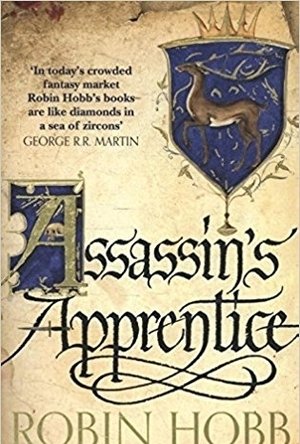Philosophy, Society and the Cunning of History in Eastern Europe
Book
Philosophy, Society and the Cunning of History in Eastern Europe charts the intellectual landscape...
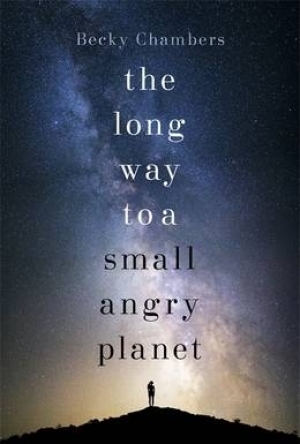
The Long Way to a Small, Angry Planet
Book
***SHORTLISTED FOR THE ARTHUR C. CLARKE AWARD*** *** SHORTLISTED FOR THE KITSCHIES GOLDEN...

Armoured Trains: An Illustrated Encyclopaedia 1826-2016
Book
The military was quick to see the advantages of railways in warfare, whether for the rapid...
Tom Turner (388 KP) rated Assassin's Apprentice in Books
Jun 11, 2021
Am I disappointed? Did the wait diminish my enjoyment? Does it live up to the hype? To the first two of these questions, the answer is an easy, Heck No! To the last one, the answer is a assured Heck Yes!
This book feels like it spans the gap between traditional fantasy and some of the modern fantasy we see published today, while at in your faux-medieval civilization, it brings different things to the table then what you might expect. It doesn't say away from putting your protagonist through hell, and I think its only a shame that the tension is slightly lessened because you know he might survive, as there are at least two future books featuring the character. Whether he keeps all his senses by book three however is highly debatable!
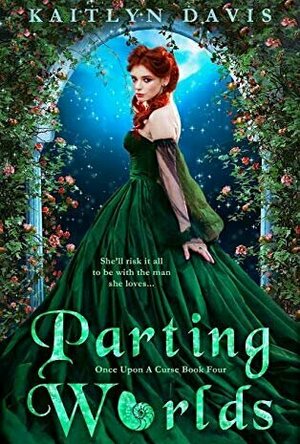
Parting Worlds (Once Upon a Curse #4)
Book
She'll risk it all to be with the man she loves… Don't miss PARTING WORLDS, a fantasy romance from...
fantasy retelling
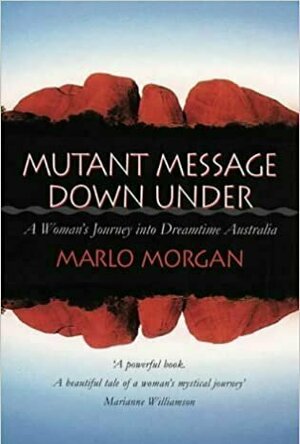
Mutant Message Down Under
Book
"Mutant Message Down Under" is the gripping fictional account of the spiritual odyssey of an...
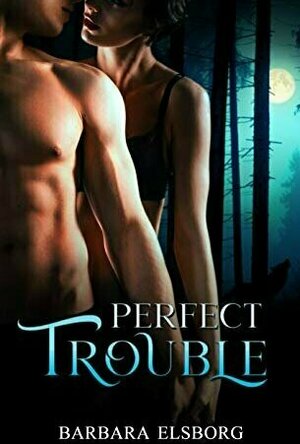
Perfect Trouble
Book
Jonah, who's always in trouble, lands in even deeper water when he meets Jinx, but suddenly trouble...

Exploding Kittens
Tabletop Game Watch
Exploding Kittens is a card game for people who are into kittens and explosions and laser beams and...
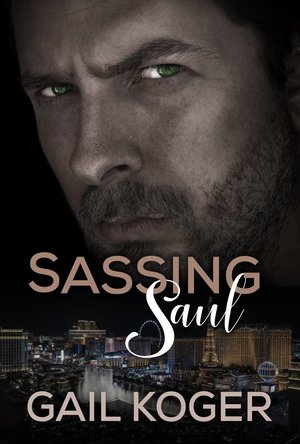
Sassing Saul (Coletti Warlords #10)
Book
Annie used to believe in all that happily ever after crap, until the day she found out her Prince...
Science Fiction Romance
Rachel King (13 KP) rated Keridan's Journey in Books
Feb 11, 2019
There are so many examples of bad grammar in this book, I don't know where to begin. Commas are so lacking, I want to cry. Specifically, when using prepositions or preposition-like modifiers, commas are needed. Also, compound sentences require the use of a comma. You would be surprised at how much a simple comma allows the reader to garner the true meaning of a sentence. Another example that illustrates how badly this book needed an editor is found on page 86: "I was left to wonder wear my tough skin went." Yes, you read that correctly.
Another huge problem I had with the book is the author's complete disregard for the writer's tool of "show, don't tell." While I understand that sometimes the rule can be disregarded, this book lacks in "showing" so much that I have no connection to any of the characters, and none of the events transpiring can compel any interest or emotional response in me. For example, on page 13, Keridan is thrust into a dream to speak with her mother. It reads "The smells, the colors are only this vibrant in a dream." That's it. No description, no picture painted with words, nothing is detailed, except in the most basic of words, such as "forest grove with flowers", "fairy dress", etc. I don't know what any of the characters look like, nor can I tell the difference between any of them.
I usually love fantasy, especially because of the imaginative descriptions that defy reality and convention, but (see? Comma!) even with a great concept of using the Greek myths of Sirens to build a world, this book is too disappointing and frustrating to be worth my time and energy. In all honesty, this book reads like a first draft of a novel after NanoWrimo -- messy, disorderly, and badly in need of a rewrite.

